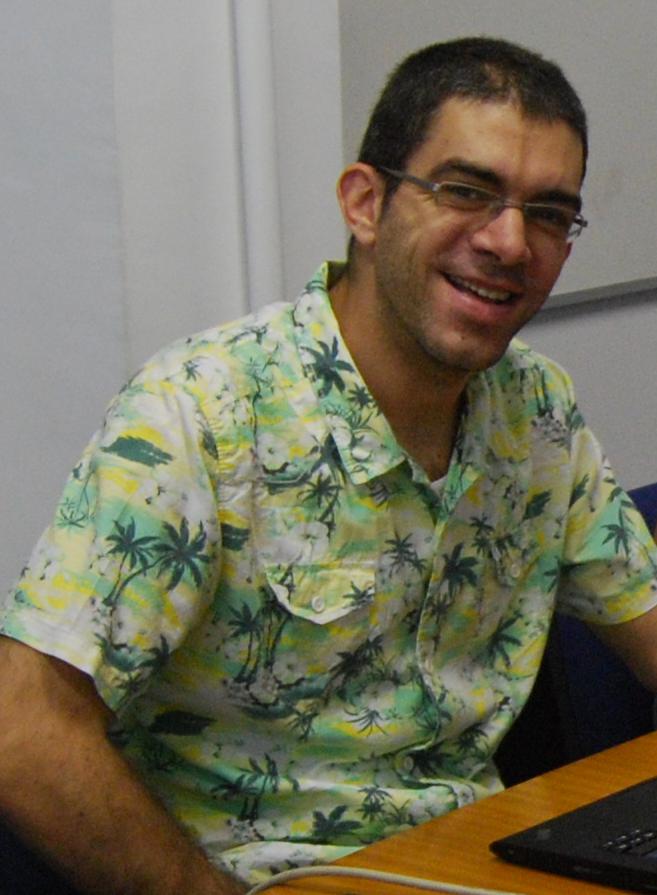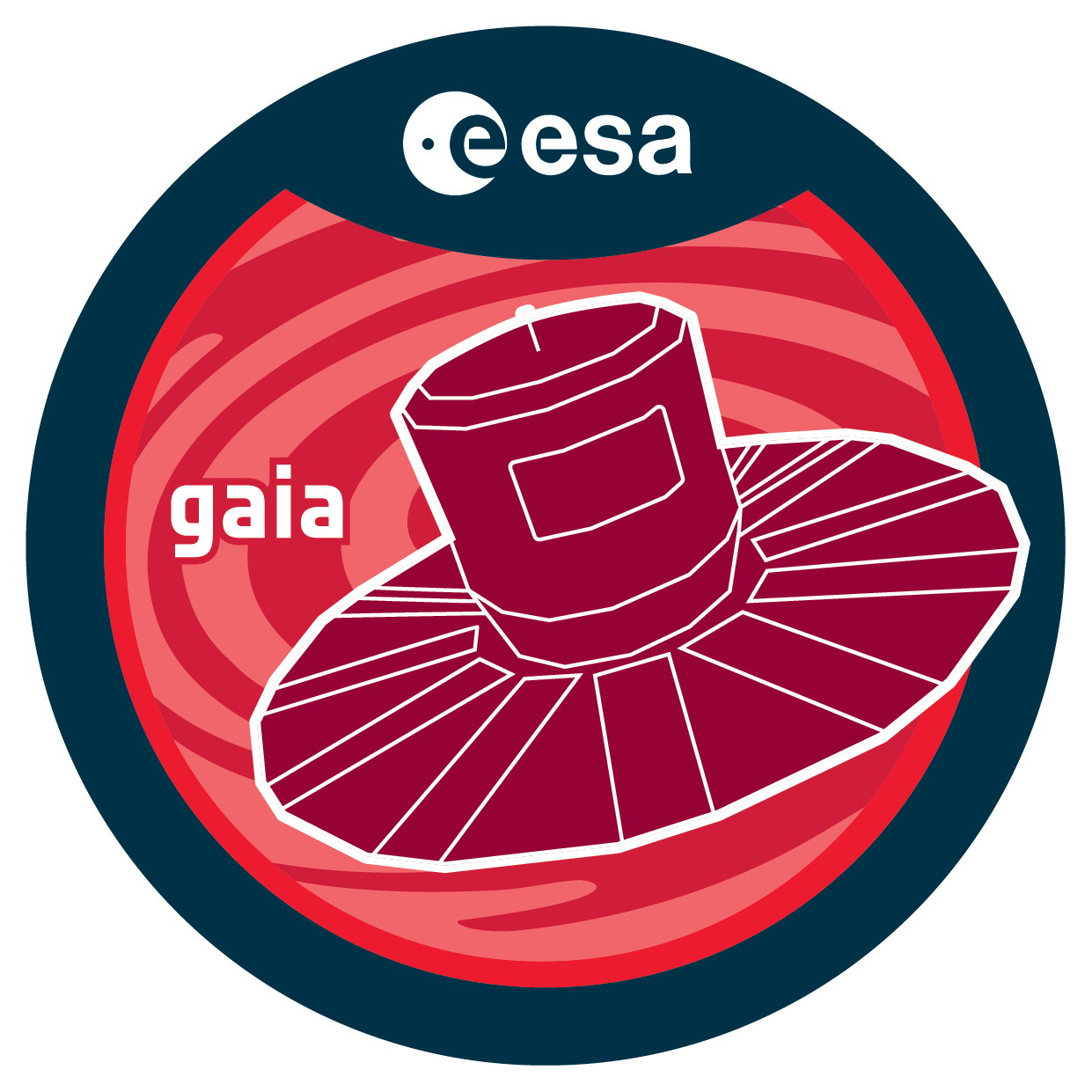Portell i de Mora Jordi - Gaia
Gaia contributors
Gaia was proposed in 1993 and since then, many people have been involved in the Gaia mission, whether at ESA, at industry side or at one of the institutes involved in the Gaia data processing. The Gaia Data Processing and Analysis Consortium (DPAC) is a collaboration which consists of around 450 scientists and engineers.
The list of Gaia contributors presented here should not be considered a complete representation of the entire consortium and should not be considered as a list of currenly active people on the Gaia mission. A more complete list of Gaia contributors that were involved in the creation of the Gaia catalogues can be obtained from the author lists of the Gaia Collaboration overview papers (for Gaia Data Release 1 see here, for Gaia Data Release 2 see here, for Gaia Early Data Release 3 see here, for the full Gaia Data Release 3 see here, for Gaia Focused Product Release see here). A history of contributions to the Gaia mission can be found from the acknowledgements given with each data release.
Gaia DPAC members who wish to be featured on these pages can contact the Gaia Helpdesk. Anyone who wishes to be removed from this website can contact the Gaia Helpdesk.
 |
Jordi Portell i de Mora Universitat de Barcelona |
|
Jordi Portell completed his PhD in Applied Physics in September 2005 at the Universitat Politècnica de Catalunya (Barcelona). His thesis, which he started in August 2000 with a short internship at the Meudon Observatory, was focused on the payload data handling, compression and telemetry of Gaia. He also spent three months at ESTEC to develop the framework of the "Gaia Telemetry CODEC" simulation software. He gained knowledge on this field while working on his Master Thesis for his degree on Electronics Engineering; as part of this he designed the telemetry formatting and data compression system for a Spanish-Italian mini-satellite. Jordi is researcher at the Institute for Cosmos Sciences of the University of Barcelona (ICCUB), part of the Institute for Space Studies of Catalonia (IEEC). He joined the Gaia team in Barcelona in February 2005, where he contributed to the final tests and reports of the Gaia Data Access and Analysis Study (GDAAS) which is a kind of "monolythic DPAC" prototype with telemetry simulation, initial data treatment, global iterative solution, photometric calibration, instrument calibration, etc. One of his main responsibilities since 2006 has been the Initial Data Treatment system (IDT) of the daily pipeline running at ESAC, where he has been technical manager between 2011 and 2016, having a lot of fun specially during commissioning and the first months of operations. Before that, he was the manager of the data processing system of Barcelona between 2009 and 2013, and he has also contributed to the design and development of other DPAC systems such as GASS, TmTools, IDA/IDV/IDTools and IDU. In 2017 he has joined the Gaia Project Office to support the technical coordination between several centres and units of the Consortium. Beyond his work on DPAC, his main interest is data compression - both for space and ground systems. During 2007 he was the scientific manager of the Gaia Optimum Compression Algoritm (GOCA) TRP Study with ESA, carried out by IEEC and the Spanish software company GTD, leading to a precursor of the data compression system that is being used onboard Gaia now. As a result of that study, the high-performance FAPEC entropy coder was born, which was later patented in 2009. That triggered the creation of a company (DAPCOM Data Services) in 2013, where Jordi is Chief Technology Officer, aiming at bringing the data compressor to the market. Jordi has published several peer-reviewed papers related to data compression and Gaia, advised two PhD theses and over 15 master and degree theses. He is also deputy coordinator of the ICCUB Technology Unit. When not working, his main interests include music, photography, computers and Hawaiian shirts. [Published: 25/08/2004 | Updated: 30/05/2006 | Updated: 19/01/2017] |
|
- Removed a total of (2) style text-align:center;
- Removed a total of (6) style text-align:justify;
- Removed a total of (1) border attribute.
- Removed a total of (1) cellpadding attribute.
- Removed a total of (1) cellspacing attribute.
Gaia people archive
- Removed a total of (1) style overflow:auto;
- Removed a total of (2) border attribute.
- Removed a total of (2) cellpadding attribute.
- Removed a total of (2) cellspacing attribute.








































 Sign in
Sign in
 Science & Technology
Science & Technology

